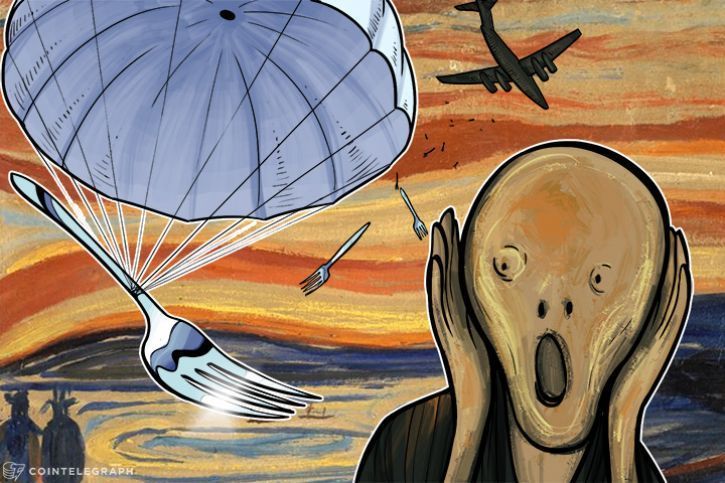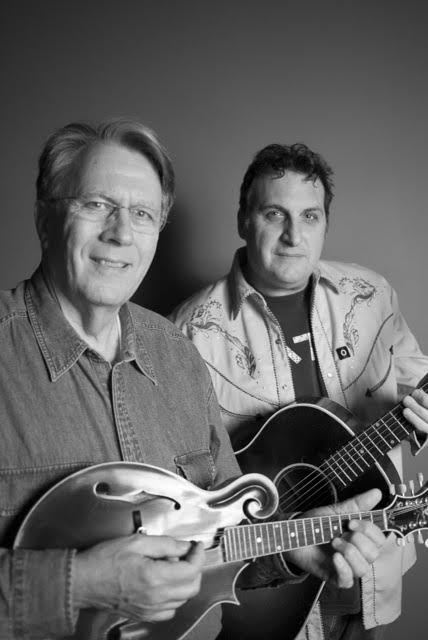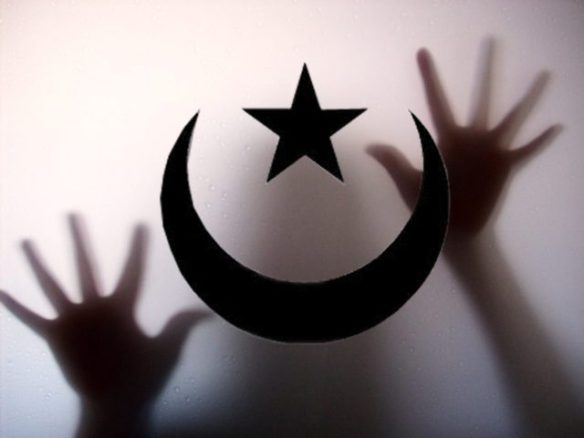
Breitbart, by Raheem Kassam, June 21, 2017:
Imagine growing up being told everything about who you are as a person is wrong. That it doesn’t conform to what is expected of you simply because of how you were born.
When it comes to LGBT issues, the political left is so thoroughly in tune with such predicaments.
But they’re also the primary abusers of another set of people who are surrounded by hatred and bigotry just for being them: reformist, or ex-Muslims.
Harriet Beecher Stowe’s novel, Uncle Tom’s Cabin, dealt with the issue for blacks in the United States. That book was published in 1852, and according to African-American culture magazine The Root:
Today nobody wants to be called an Uncle Tom, but 150 years ago, it was a compliment… Uncle Tom is a martyr, not a sell-out. His devotion to his fellow slaves is so unshakable that he sacrifices a chance for freedom and, ultimately, his life to help them.
It’s now 2017 – a “current year” factoid always thrown in our face by progressives – and the forcefulness by which the political left and fundamentalist Muslims utilise the phrases “house Muslim” or “uncle Tom” to shame those who don’t conform is not just abundant, it is growing.
I have a pretty thick skin. I hear these things every day. I feel ashamed, not of who I am, but of my fellow human beings who find it appropriate to race-shame someone, or religion-shame them.
I’m told every day, perhaps even several times a day, that I’m a “coconut”, or I hear sardonic expressions of how “proud my parents must be” of me. It’s fine, I can take it. When it comes from Muslims I put this down to envy. The green-eyed monster and the green, Arab-clad flags co-ordinate well together.
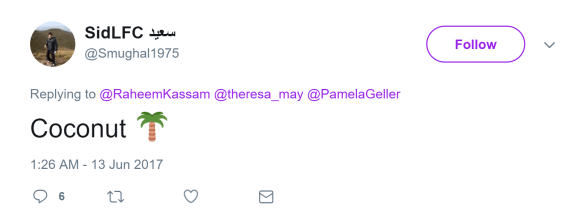
But I recall vividly an incident from my early days in politics.
I was so excited to be trotting around the House of Commons with a Labour Party friend of mine I had met at the Sports and Social bar (more commonly referred to as the Sports and Socialist). We had a few beers, and went for a walk around the Parliamentary estate. I guess I was 23 years old at the time.
In a moment of unguardedness, my new friend turned to me in the hallway and said something to the effect of, “You know, Raheem. You should be one of us”.
Flattered, for a moment, I thought, “Wow this guy’s trying to recruit me because he sees talent”. But he continued, before I could say anything.
“Yeah, you’re brown. Your parents are immigrants. You should be one of us”.
I was stunned. Offended, even. And that’s pretty hard to achieve.
The idea I should vote a certain way, or think in a certain manner, simply because of the colour of my skin or the religion my great, great, grandparents happened to convert to.
He later apologised, of course, realising the error. Perhaps we can blame it on the beer.
But there is undoubtedly an ingrained bigotry on the political left, shored up by Muslim fundamentalists who want to shame people like me into acting a certain way.
I have been accused of being a traitor to my race, but more worryingly, a betrayer of Islam.
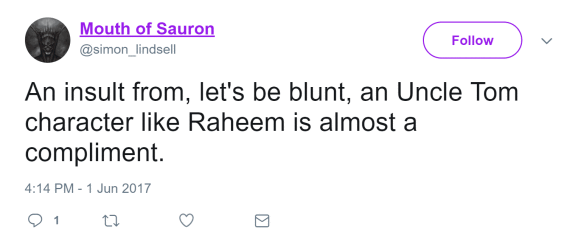
I suspect those who accuse me of the latter know precisely what they are doing. They know what the punishment for apostasy is.
When the Iranian Human Rights Commission – an organisation about as oxymoronic in name as the Senate Intelligence Committee – decided to appoint me ‘Islamophobe of the Year’ in 2014, they knew they were putting a target on my head.
By the by, this is the same group the BBC and the UK government fawned to following the attack near Finsbury Park mosque in June 2017.
Never mind, I thought. Instead, I owned it, splashing it across the pages of Breitbart London.
But for people of weaker will; perhaps those who grew up not reading Christopher Hitchens’s Letters to a Young Contrarian, or for those who are reliant on their families for housing, or child support, or even for those who are simply ill-prepared, this assault on identity can be devastating, especially when it is endorsed by leading figures.
London’s Muslim mayor Sadiq Khan told the Iranian state-backed Press TV in 2009: “The point is, you can’t just pick and choose who who you speak to. You can’t just speak to Uncle Toms. You can’t just speak to people who will say what you want them to hear.”
The Muslim Public Affairs Council (UK) even published an article as recently as 2016 endorsing the epithet. It stated:
Calling another Muslim an ‘Uncle Tom’ is not racist, it is a political statement, but to paint it as a racist title is a classic Uncle Tom tactic.
In short, ‘Uncle Tom’ refers to an individual who is slavishly and excessively subservient to authority figures, particularly a black or brown person who behaves in a subservient manner to white people; or any person perceived to be complicit in the oppression of their own group.
Ms. Beecher Stowe is no doubt turning in her grave.
Zain, an ex-Muslim in the United Kingdom who spoke to me anonymously (how could he not?) said:
“I’ve been called a fake, told that I never was a Muslim, that I’m a traitor, I have had a person call me an Uncle Tom. I feel really sad. When my parents came into this country they fought hard to exercise their religion. I feel sad that they then decide I cannot exercise my freedom and leave Islam. That’s what angers me the most. I don’t hate them, but I am angry.
“How dare they try and kill someone who leaves Islam? Three of my friends were almost murdered. One lady left Islam and her husband stabbed her. He went to prison but asked for a transfer to an Iranian jail and the government granted his request. As soon as he got there he was released.
“If we don’t stand up and challenge our community and say this is happening… the outsiders need to know this stuff exists.. they will keep on deluding the outsiders that there’s no issues there”.
Zain has never even met his brother, who his parents had after he left Islam and was shunned.
Read more
Raheem Kassam is the author of the forthcoming book No Go Zones: How Sharia is Spreading in America, and Editor in Chief of Breitbart London. You can sign up for book updates here, and follow Raheem on Twitter and Facebook
Share this:
